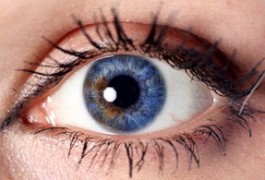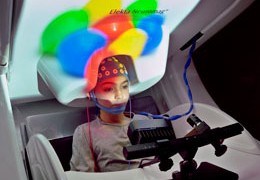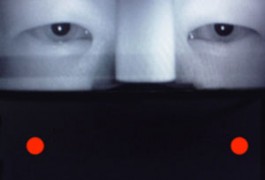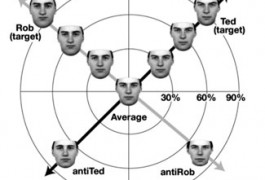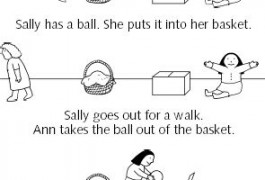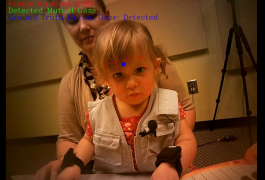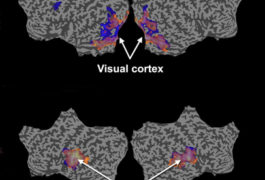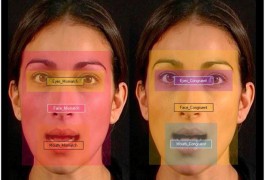Cognition and behavior: Attention early indicator of autism
Infants who are later diagnosed with autism are less attentive to the presence of a person onscreen at 6 months of age than their typically developing peers are, according to a study published 14 January in Biological Psychiatry.

